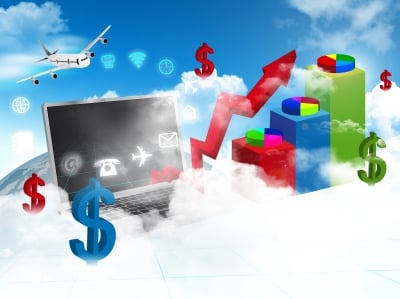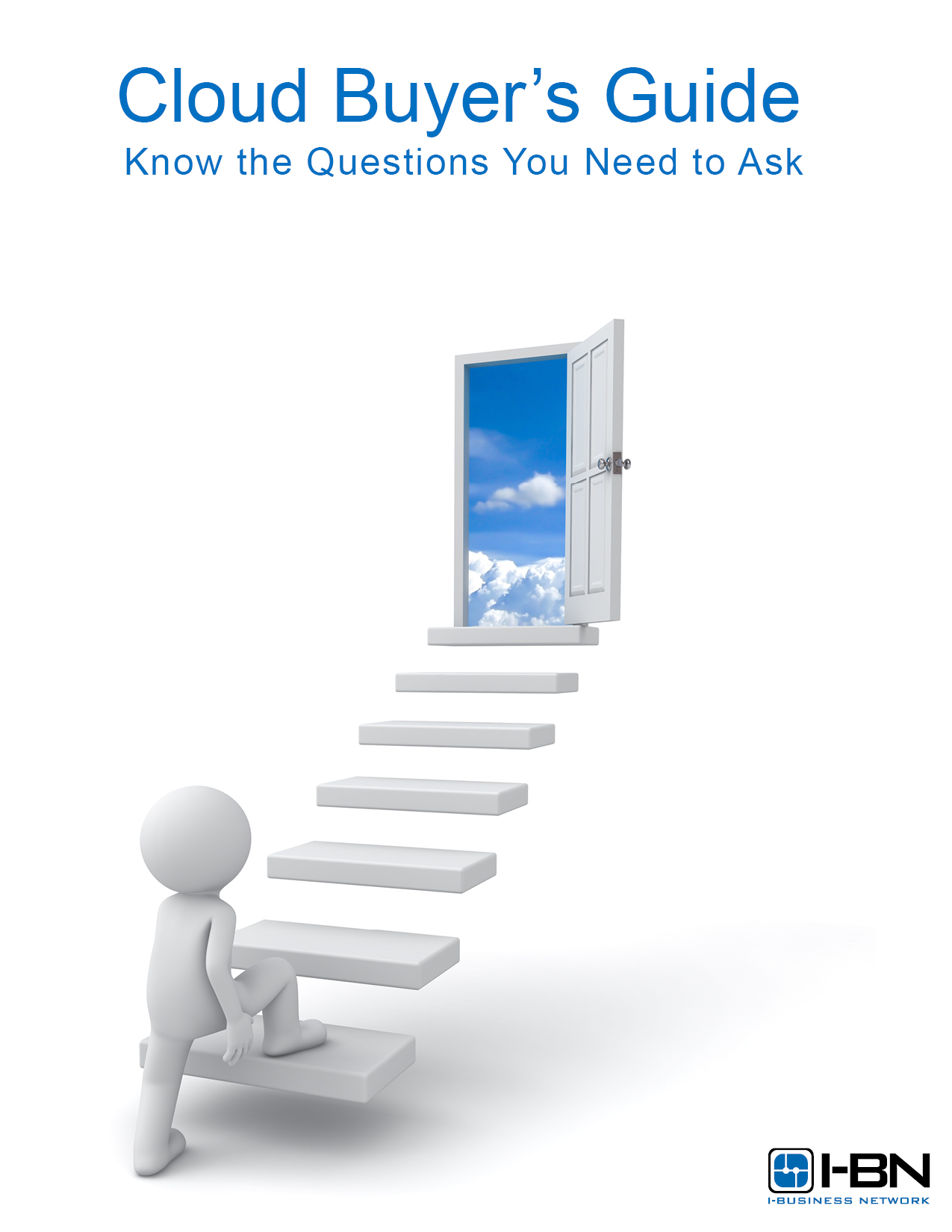Cloud Accounting Software: 4 Lessons from Star Trek’s Mr. Spock
One of the fastest growing trend among businesses today is the adoption of cloud accounting software or cloud ERP software. The affordability and...
2 min read
Jeanne Lee Wed, Jul 24, 2013

 Just like buying anything else, like a car or a puppy, buying cloud accounting software comes with costs beyond the cost of the product itself. The upfront cost and the additional fees associated with that purchase add up to become the total cost of ownership (TCO) for that product.
Just like buying anything else, like a car or a puppy, buying cloud accounting software comes with costs beyond the cost of the product itself. The upfront cost and the additional fees associated with that purchase add up to become the total cost of ownership (TCO) for that product.
Let’s stick with the puppy example because I am a dog person and they are (to me) more interesting to write and read about than cars. If you buy or adopt a puppy there is the initial cost of the dog as well as other things to consider that will cost money over time such as food, vet bills, replacing chewed furniture, buying new carpet if potty training didn’t go so well, and many other things. Things you may not have considered prior to your purchase of the puppy due to a lack of experience or just plain oversight.
Software is not any different, but TCO can be severely affected by your answer to the question, “do you want cloud software or on-premise software?”
Now I am not going to tell you that one is better than the other…that is entirely based on your company and your business strategy. But what I will tell you is that there are significant differences in the TCO. So, if you are trying to decide between an on-premise solution and the cloud, TCO is absolutely something you want to evaluate. It can be a cumbersome job, but it is important. You will be amazed at how much money you can save on TCO if you go with a cloud accounting system; but don’t take my word for it and every business is different, do your own investigation and make a decision based on what will work best for you.
Here are a few questions to ask as you get started in the process (this is by no means a comprehensive list - just something to get you started)
• What service level agreements (SLAs) does the cloud vendor offer?
- How do they compare to any company-internal SLAs?
- Does the internal IT team offer availability guarantees?
• What is the quality of the cloud and on-premises data center?
- How are operations staffed?
- When are operations people available?
• How easy is it to integrate the software with other applications?
• How easy is it to customize the application to fit the needs of the organization?
• What security and privacy policies has the cloud vendor put in place?
- How do they compare to internal policies and capabilities?
• How well can the cloud application accommodate growth versus the costs associated with growing the on-premises application?
Keep in mind that TCO will help you determine the costs but don’t forget about other factors that will contribute to overall system success and ROI such as productivity and customer satisfaction.
About e2b teknologies:
e2b teknologies operates three business units – e2b anytime apps, e2b enterprise, and e2b calibration. e2b enterprise develops custom cloud-based business applications and resells leading ERP accounting software, CRM, HRMS, and other enterprise business software applications from Sage Software, Epicor, Intacct, Sugar CRM, and other publishers. e2b anytime is the publisher of Anytime Collect, Anytime Assets, Anytime 500, Anytime Commerce, and related Anytime brand products. e2b calibration is an ISO/IEC 17025 accredited calibration and repair laboratory providing a full scope of services (traceable to NIST) for most popular calibration, test, and measurement instruments.
Follow us on twitter @e2bteknologies
We are also on LinkedIn, Facebook, and Google+

One of the fastest growing trend among businesses today is the adoption of cloud accounting software or cloud ERP software. The affordability and...

Cloud accounting software may be relatively new in the technology scene but it's already changed the face of businesses forever. It’s changed how...

Cloud Accounting Software: Selecting the Right Software and the Right Provider If you selected ERP software for your business in the past, you...